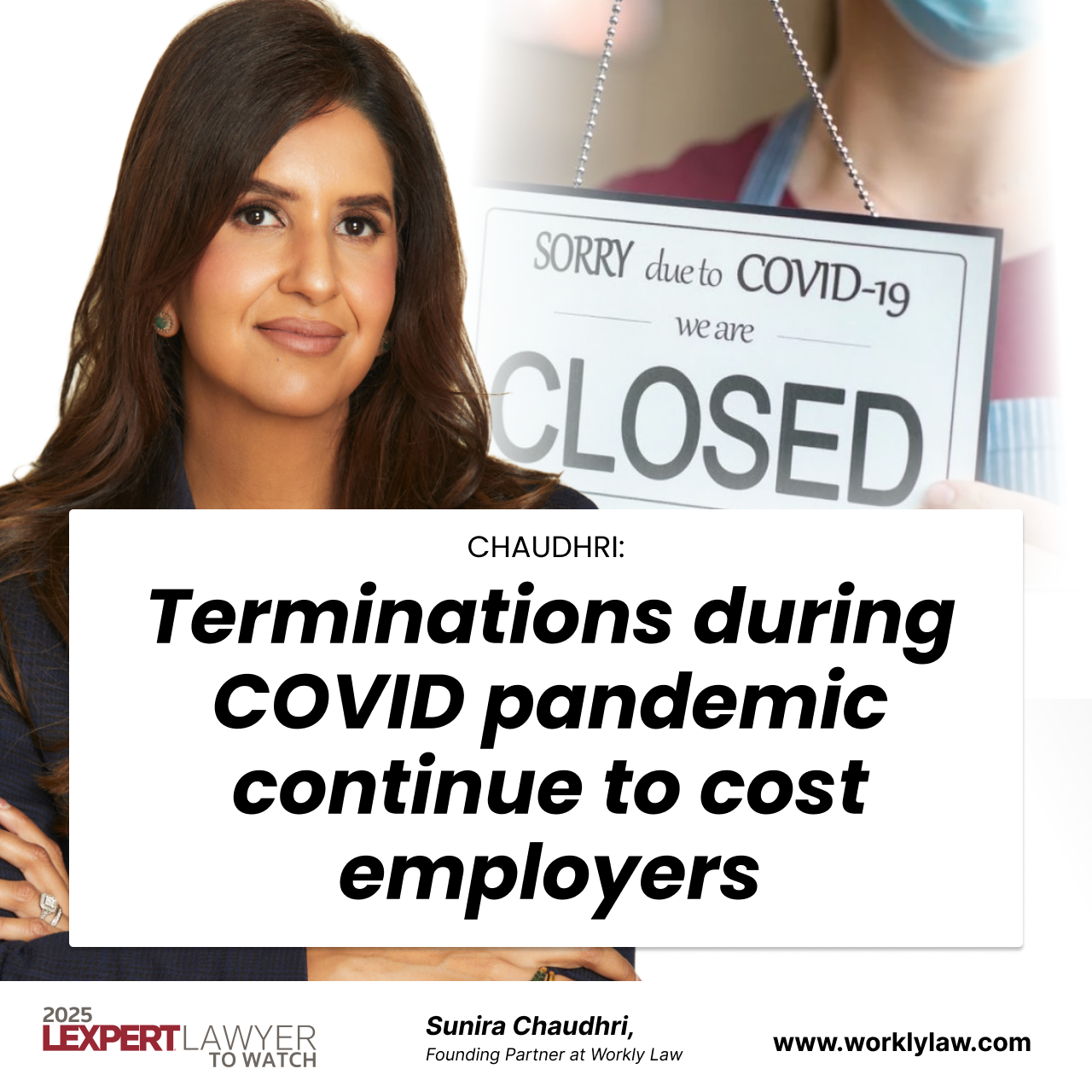At trial, Justice R. Lee Akazaki found that King Ursa’s actions breached McFarlane’s employment agreement and constituted a constructive dismissal entitling her to wrongful dismissal damages. The court found that the return-to-work discussions, including the two deferrals, exerted pressure on McFarlane to accept the new terms or leave her employment.
The judge found that although the employer’s financial difficulties were understandable from a business context, they did not excuse their legal obligations as an employer.
McFarlane was awarded 12 months reasonable notice, with the availability of comparable positions being the most heavily weighted factor. The judge considered the fact that McFarlane had been promoted rapidly by King Ursa on the basis of her hard work and entrepreneurial energy, but she had been unable to secure a comparable position following her dismissal.
While the court did not find that King Ursa discriminated against McFarlane for taking a maternity leave, the court was not as sympathetic with respect to imposing a demotion on her return.
The court stated, in part, ” I appreciate the attempt to impose a salary cut was not to push her out but to implement a cost reduction scheme. However, there was no justification of imposing a demotion.”
The court went on to say, “Any employee, especially one whose executive status is closely tied to her identity and self-esteem, would react negatively to a document containing a demotion.”
McFarlane was awarded $40,000 in moral damages in addition to the $290,615.81 for wrongful dismissal damages.
While many businesses suffered financial losses during COVID, this decision makes it clear that the impact of the pandemic on business did not curtail employee entitlements on termination.
If anything, this case reinforces how important it is for employers to preserve the status, tenure and reputation of executive employees – even during hard financial times.
Have a workplace problem? Maybe I can help! Email me at sunira@worklylaw.com and your question may be featured in a future column.
The content of this article is general information only and is not intended to be legal advice.



